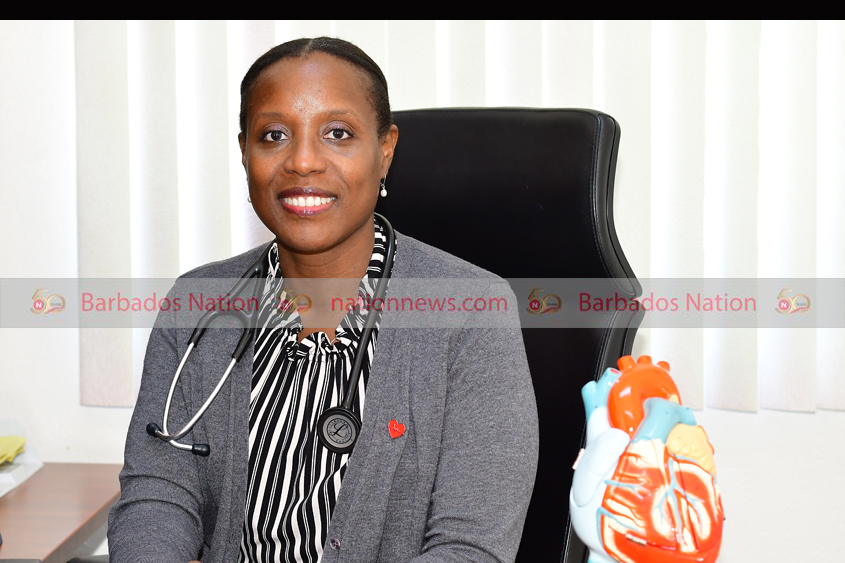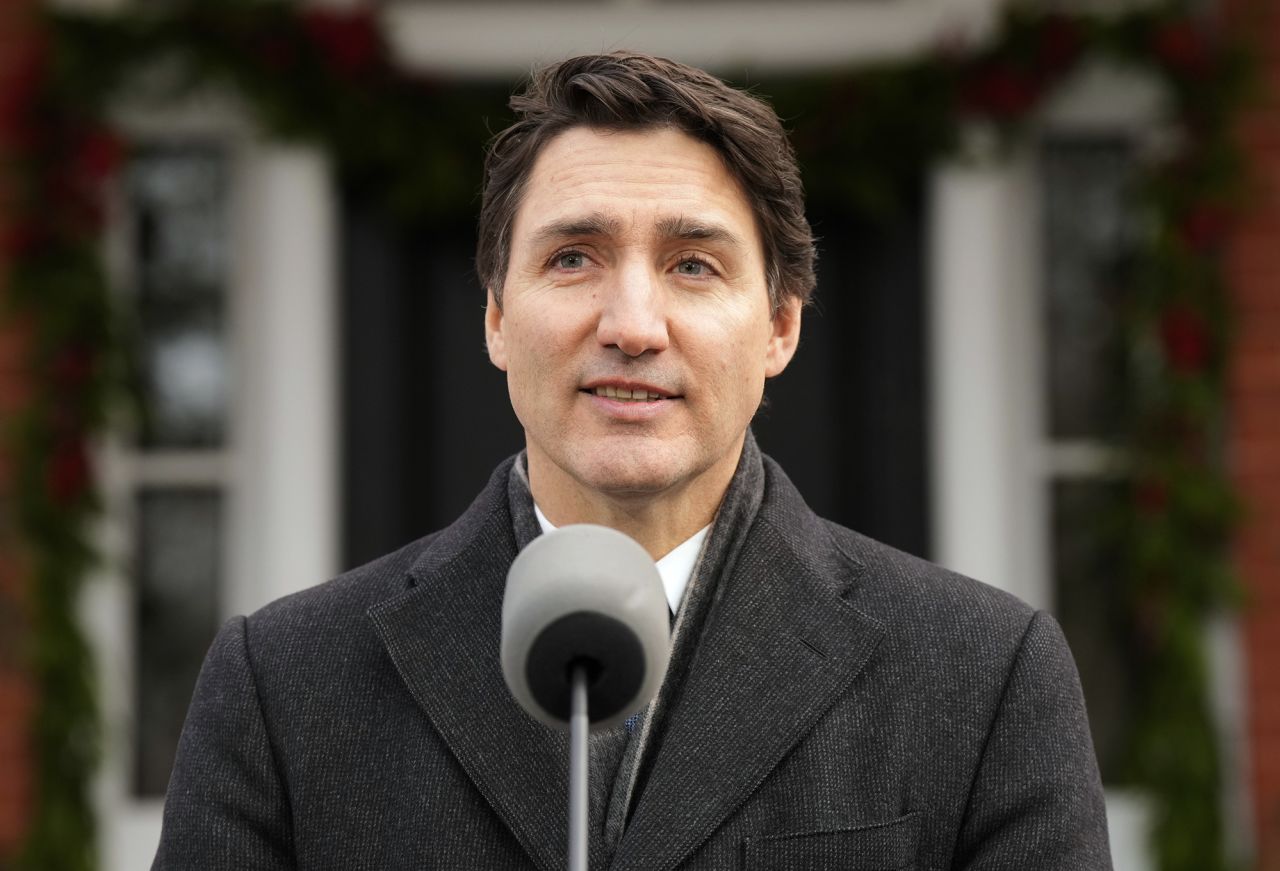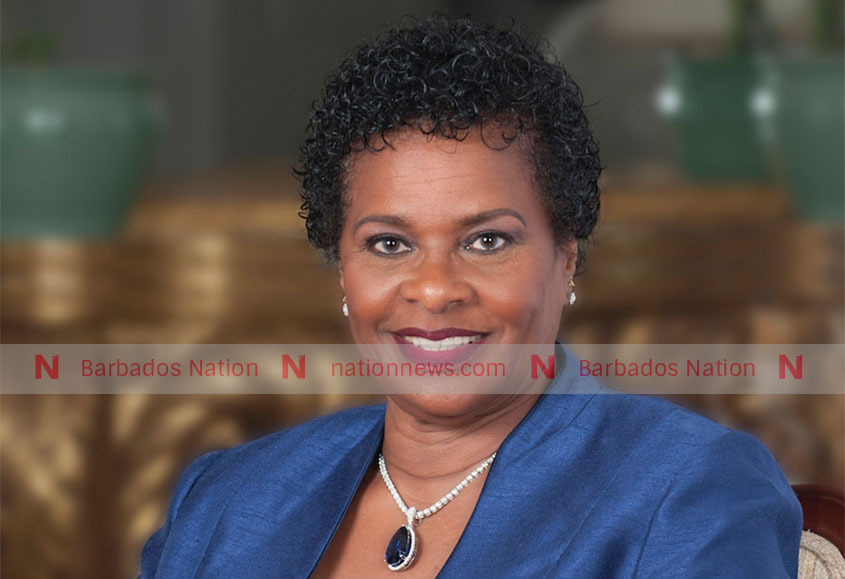

There is an undeniable need within Barbados’ health care system for more specialists, a challenge officials at the Queen Elizabeth Hospital (QEH) are said to be actively addressing through significant workforce expansion and service improvements.
Dr Dawn Scantlebury, Head of Cardiovascular Services at the QEH, said the current situation was serious, with the hospital facing a growing disease burden that outstrips current capacity.
“We need more specialists in disciplines such as general internal medicine, nephrology, anaesthesia, endocrinology, and cardiology. Cardiovascular disease remains the leading cause of death and disability in Barbados, yet we have nine cardiologists across both public and private sectors, many of whom are approaching retirement age. We will need more cardiologists in the future,” she said.
Scantlebury informed that “significant progress is currently underway.” In recent months, nearly 300 new staff positions have been approved, with a strong focus on clinical roles, including 43 specialist doctors across critical areas. This investment in human resources represents a crucial step towards closing the gaps in care delivery.
To reduce waiting times and improve access to surgical care, the hospital is also preparing to commission three additional operating theatre spaces this year. This expansion will directly address backlogs and improve surgical throughput, demonstrating a clear commitment to better patient outcomes.
Scantlebury highlighted the efforts of healthcare professionals at the QEH stating: “Doctors and nurses are working incredibly hard, often with long hours and overnight shifts, to deliver the best care possible. Their dedication is the backbone of our healthcare system and it is important to acknowledge their sacrifice and commitment.”
Using herself as an example, the interventional cardiologist who is also president of the Heart and Stroke Foundation of Barbados (HSFB) stressed, “I am on the job all day, with my clinical role at the hospital, my department head role, private practice, and then HSFB matters and academic pursuits in the evening; it is a lot of work and long hours.”
The US-trained cardiologist further disclosed, “Most doctors will need to go to the USA, United Kingdom or Canada, to specialise in some field of medicine, and most will stay there if they can because of the income or the lifestyle. For me, being in the medical field is a labour of love. That’s why I came back to the island to practice. I returned to Barbados after my training because I saw the healthcare needs here. I became part of our department’s succession planning, which needs to be an ongoing practice in all specialties.”
The consultant cardiologist disclosed that currently the QEH leadership is implementing a 24/7 plan to review and enhance working practices, including medical staffing and on-call rotas. These efforts aim to ensure more efficient workflows, better staff support, and consistent patient care, day and night.
“The road to transformation in healthcare is not without challenges, but it is clear that the QEH is making significant strides in addressing systemic issues and building a more resilient health care system for Barbados.
“The work has begun, the plans are in motion and the dedication of our healthcare professionals is unwavering. With continued collaboration, public support, and strategic investment, we can achieve a healthcare system that meets the needs of our nation now and in the future.”
While improvements are being made, Scantlebury emphasised the importance of public responsibility in disease prevention. She called on employers, schools, community leaders and churches to champion healthier lifestyles.
“Preventing diseases like heart disease, diabetes and cancer starts with daily choices about what we eat, how active we are, and how we care for our mental and spiritual health.”
She specifically urged churches and community leaders to take an active role in promoting wellness.
“Our faith calls us to honour our bodies and live in ways that reflect care and discipline. This extends to our health and well-being.” (CH)





